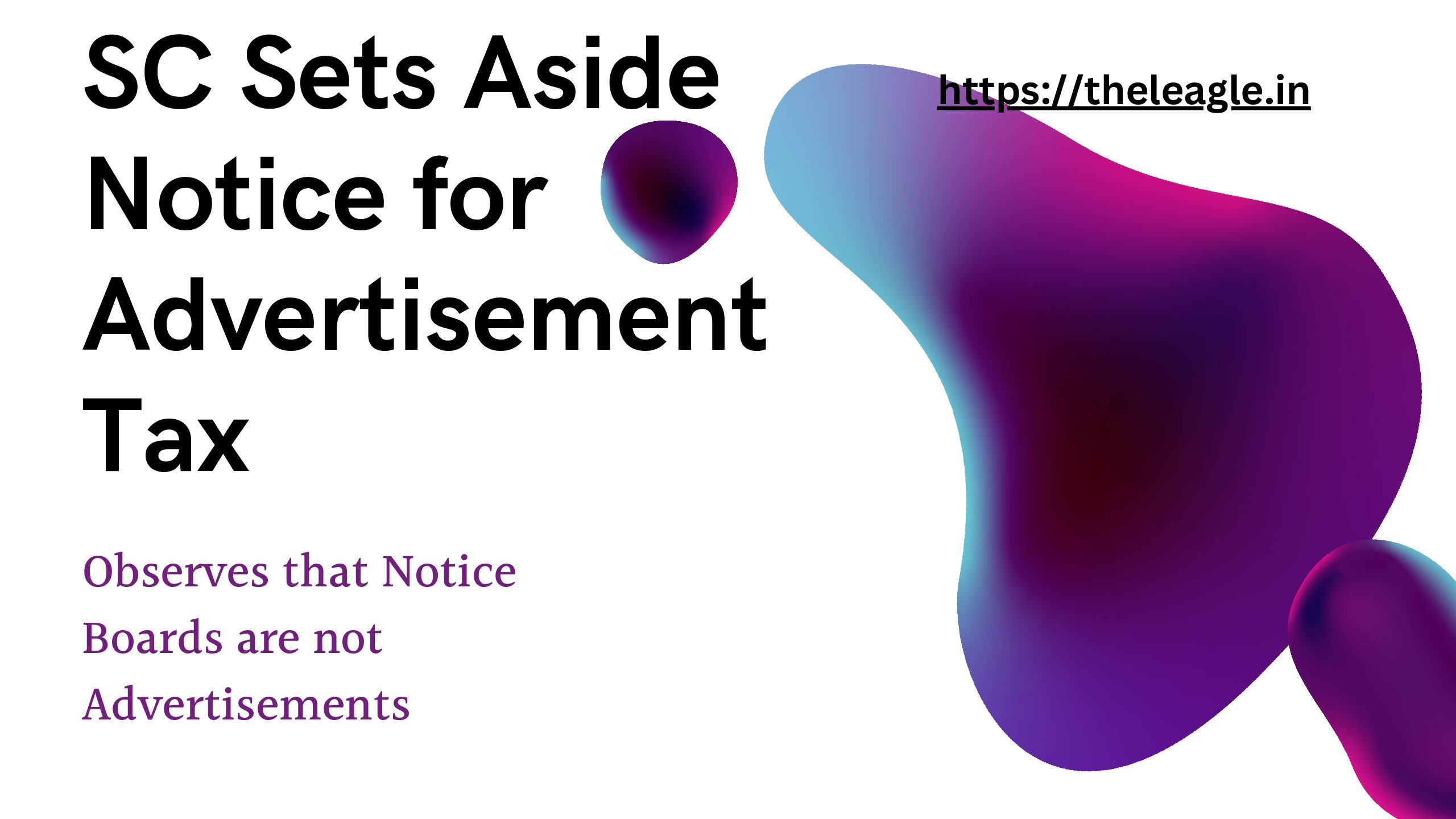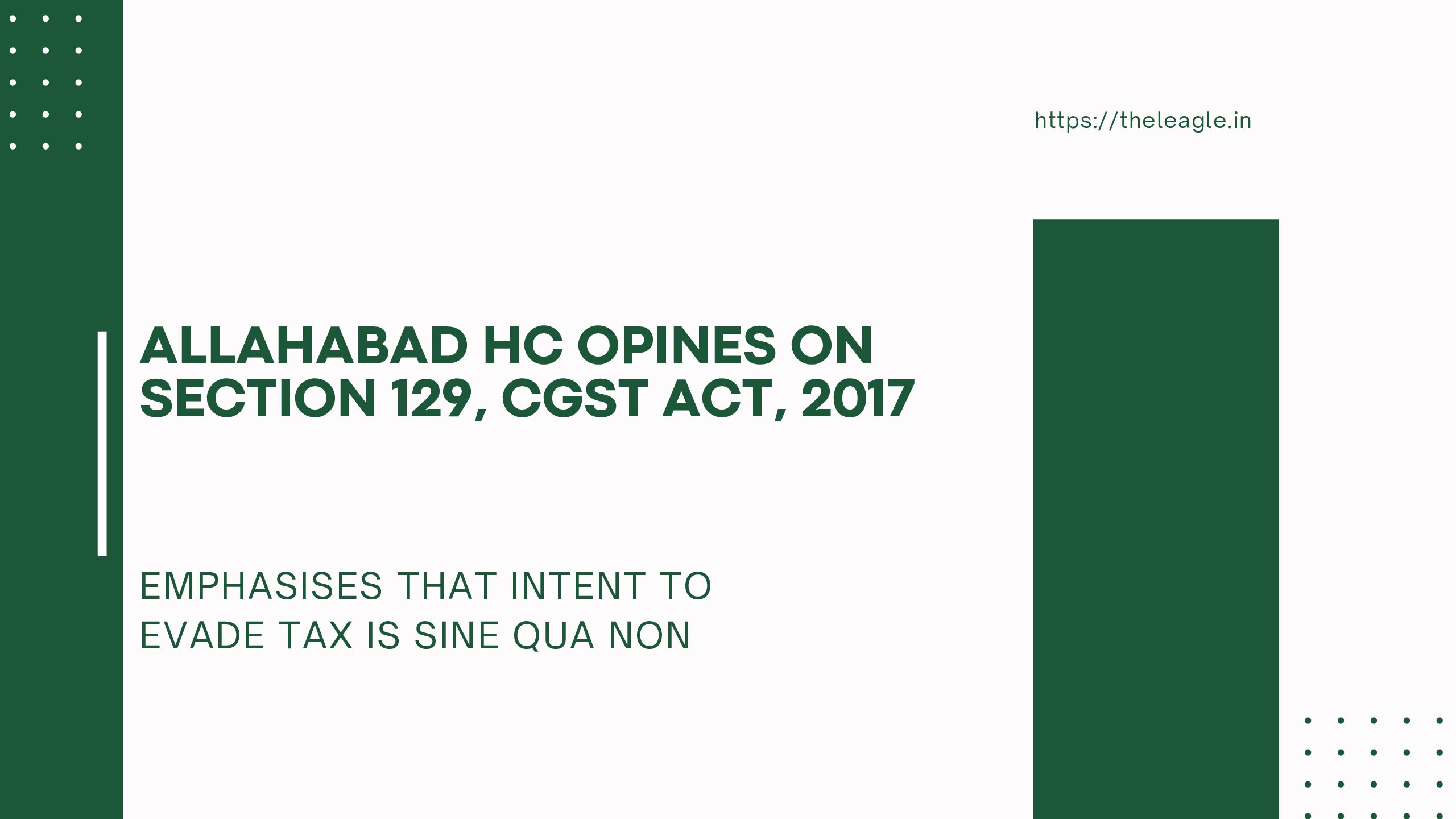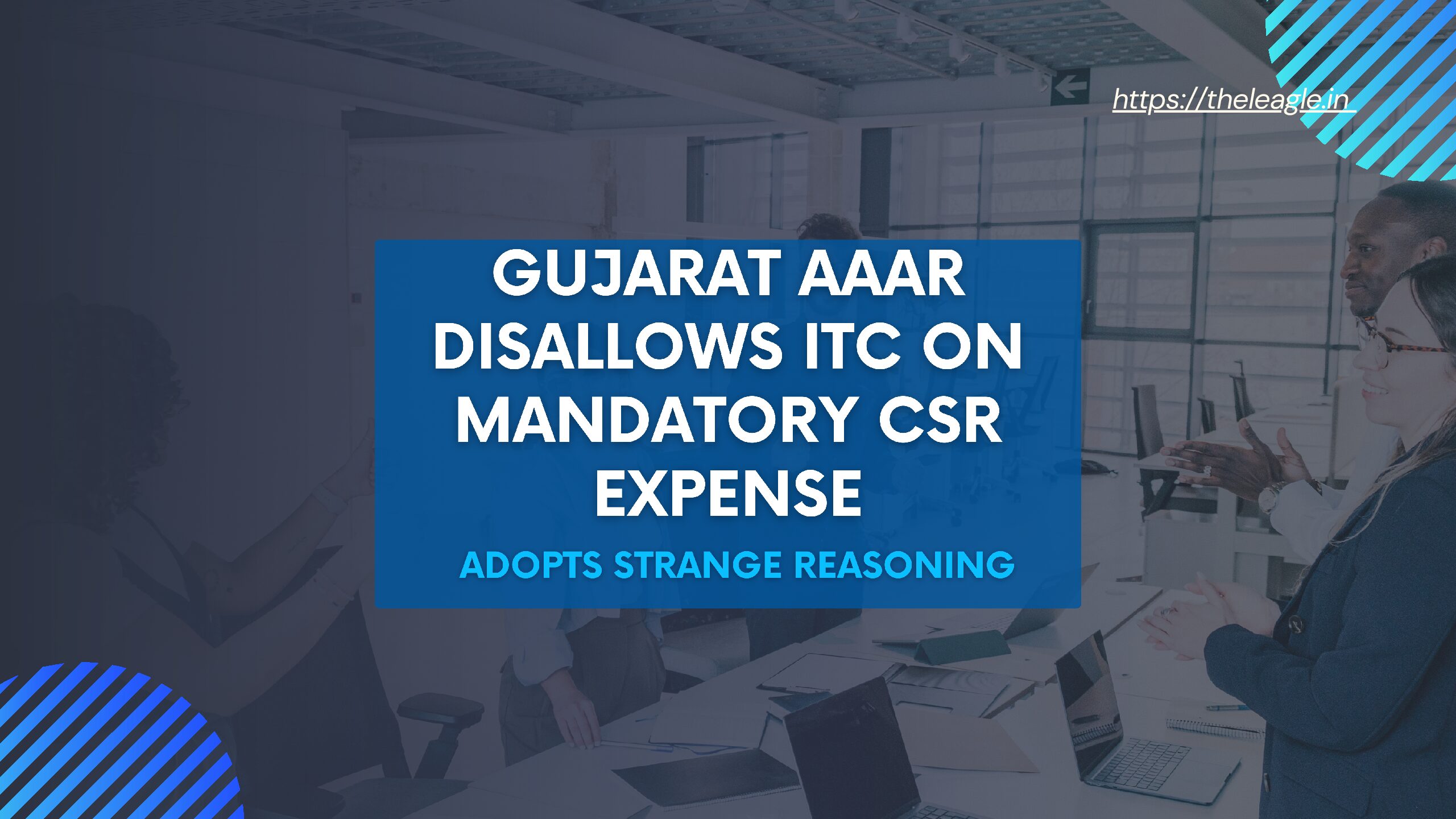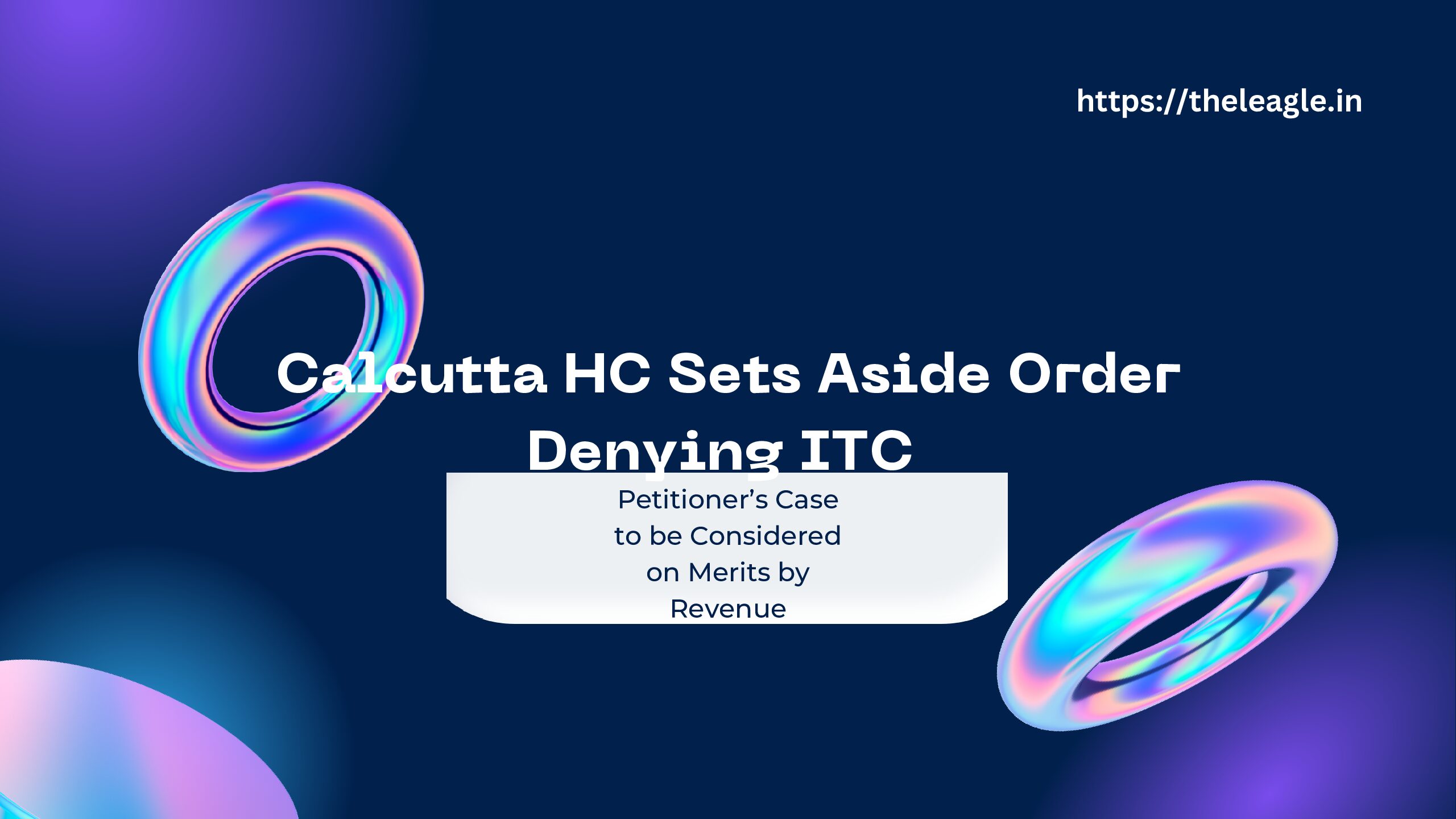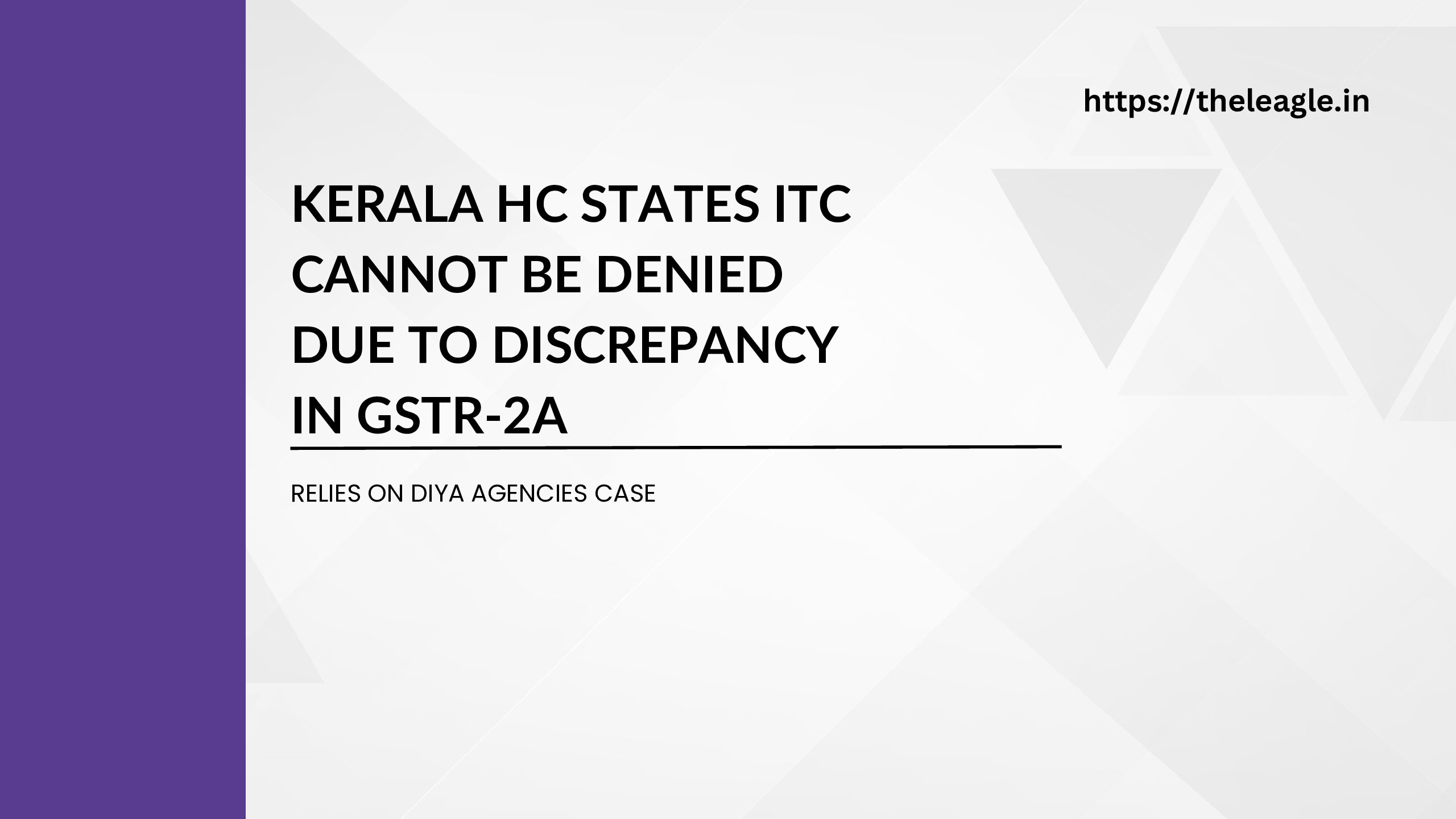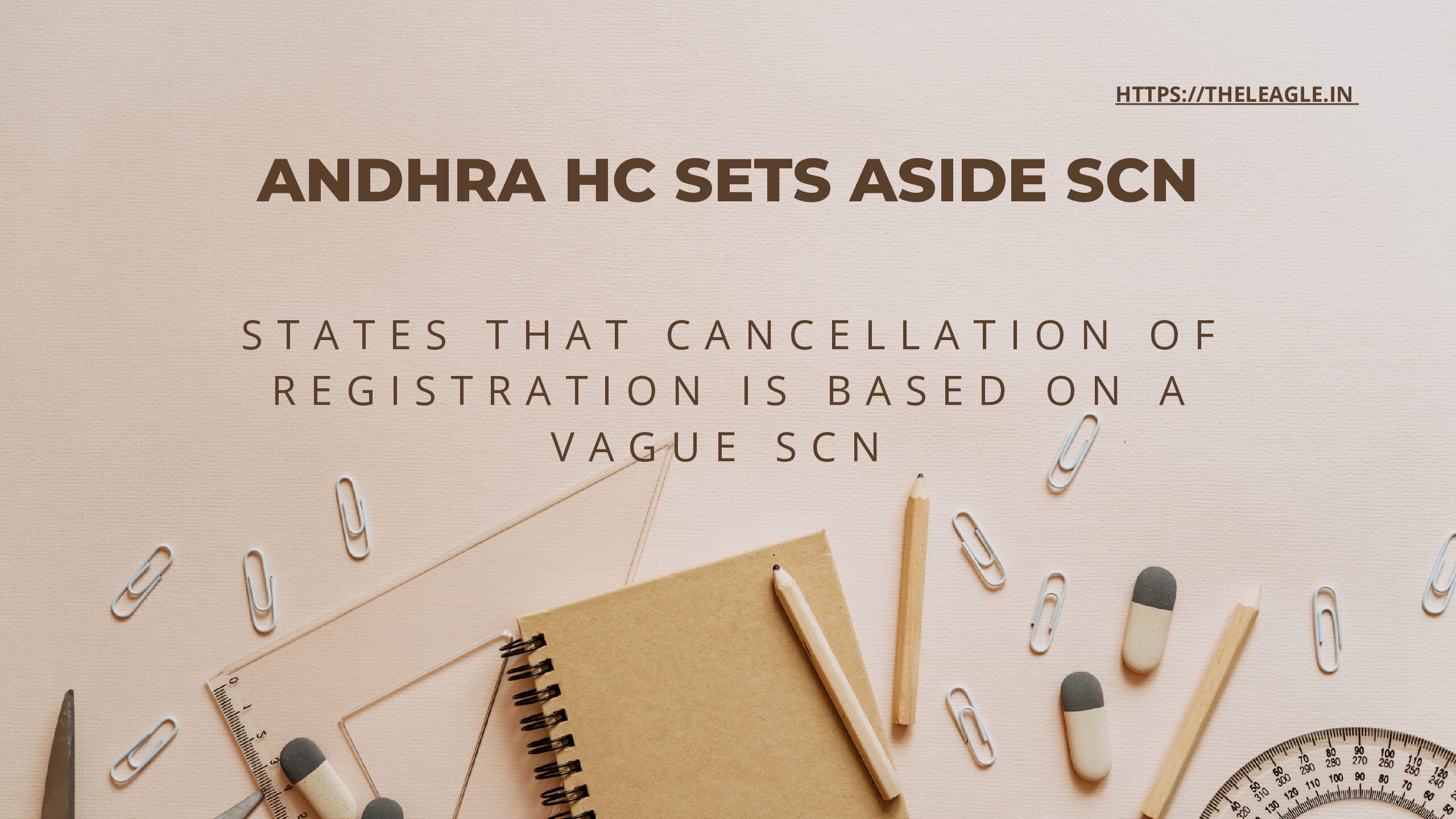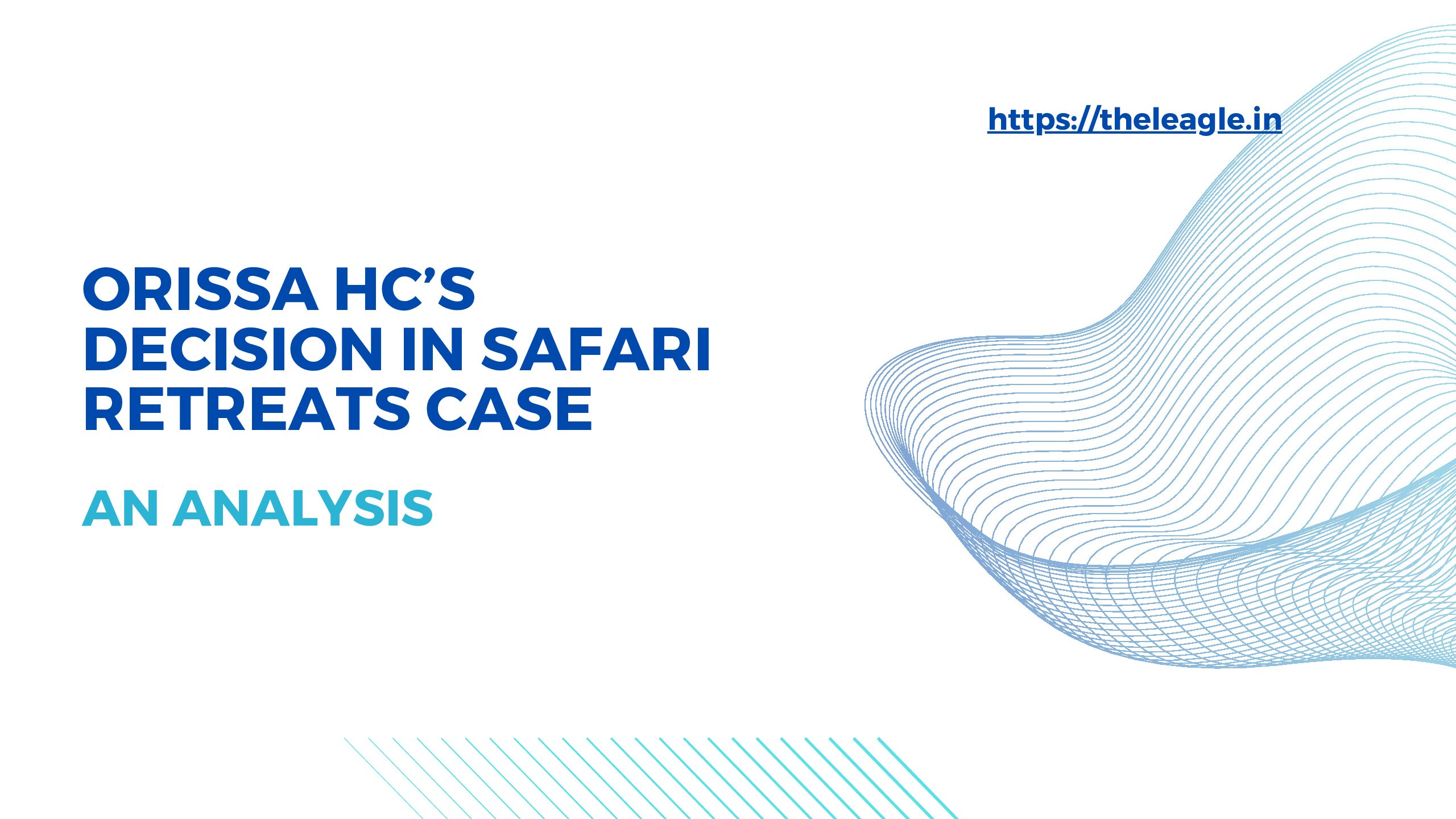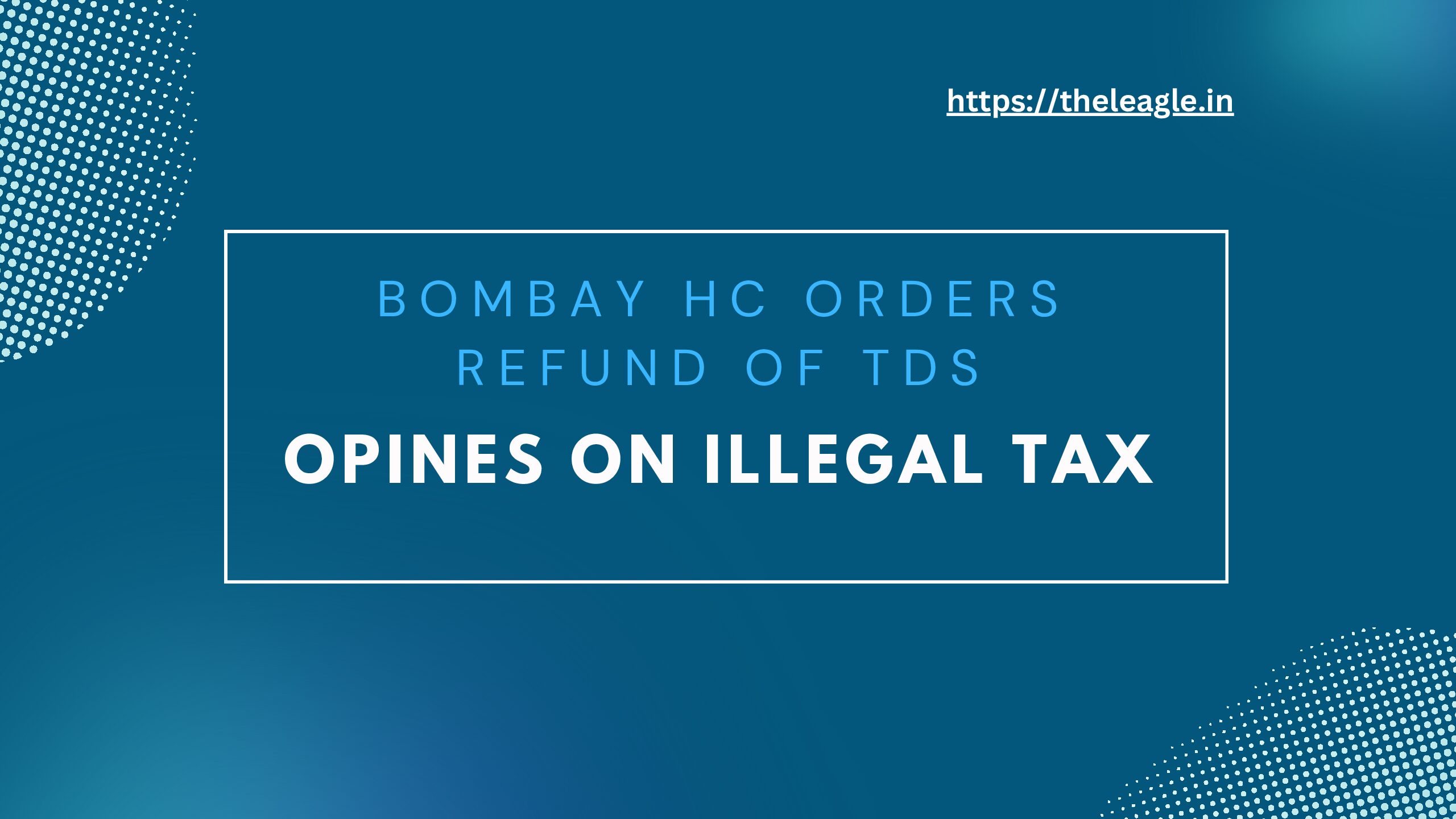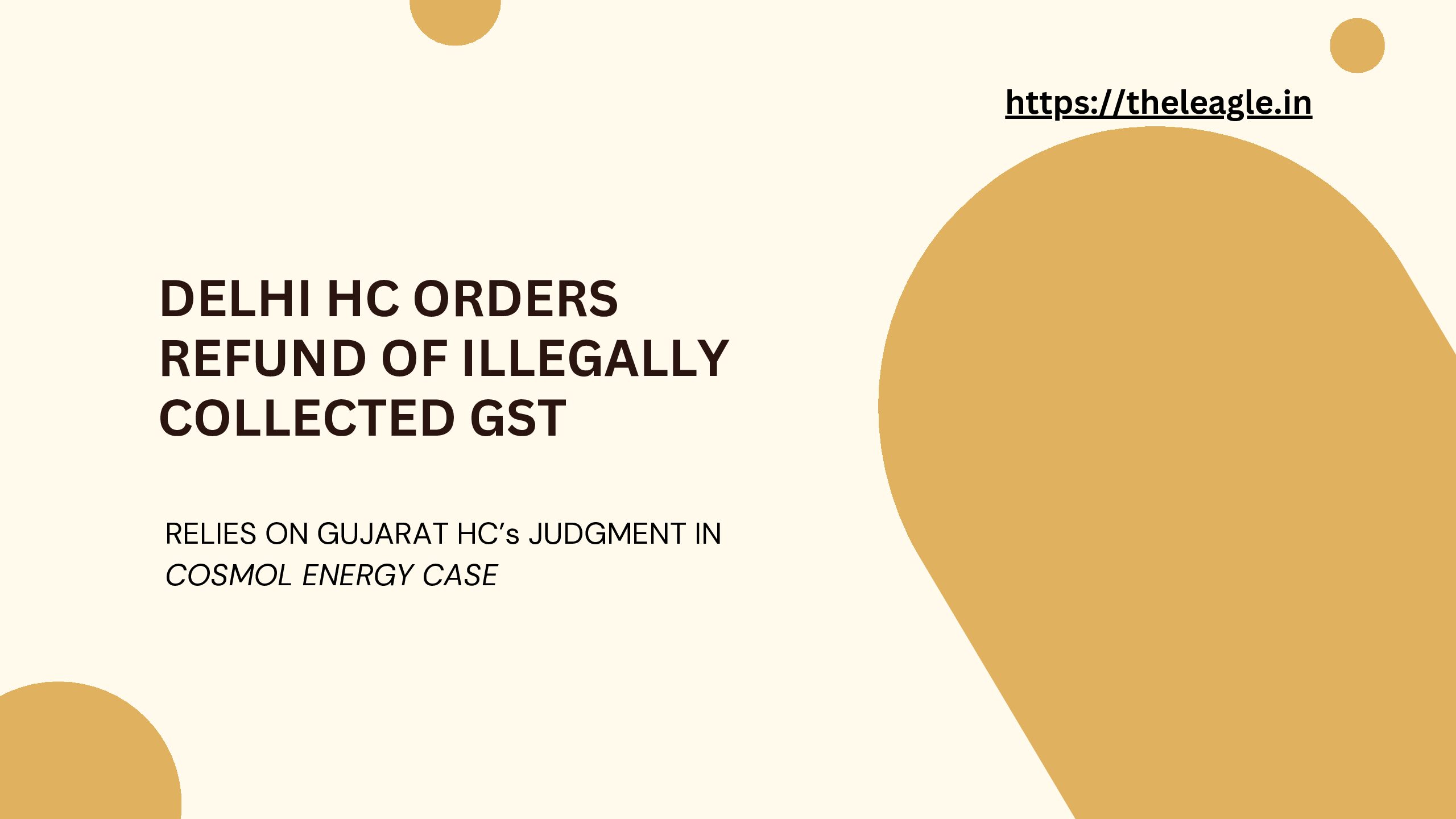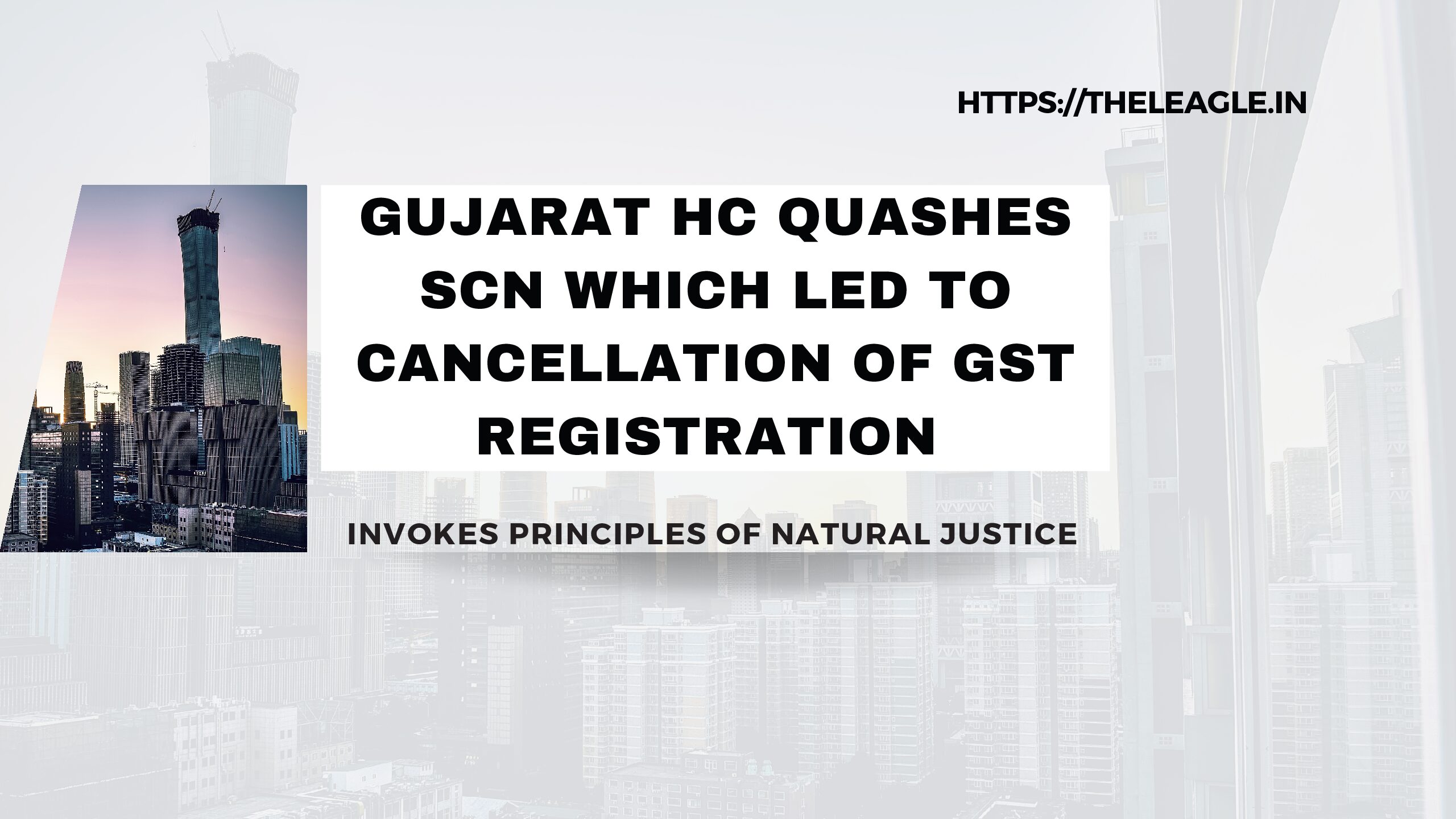In a recent judgment[1], the Supreme Court set aside demand notices for advertisement tax issued by the Indore Municipal Corporation against the appellant. The demand notices for advertisement tax were issued to the appellant because they had displayed their name/sign boards outside their business premises which the Municipal Corporation deemed to be advertisement and thus liable to pay advertisement tax. The Supreme Court opined on the meaning of advertisement, cited relevant precedents, and concluded that sign boards do not constitute advertisements and are not exigible to advertisement tax.
Facts
The appellant in the impugned case was occupier of premises on AB Road, Indore and was carrying on the business of Hyundai passenger cars at the said premises. The appellant had displayed its trade name as well as the product and services offered by it in the premises where the business was being run. The Indore Municipal Corporation issued a notice to the appellant for recovery of advertisement tax for displaying the sign board at its premises. The notice was issued under the relevant Municipal Corporation statute read with the relevant Municipal Corporation advertisement by-laws.
The appellant objected to the notice demanding advertisement tax on the ground that it was not displaying any advertisement but its own trade and business name. The appellant also argued that it was carrying on business outside the municipal limits of Indore and thus no tax was leviable on its activities. Appellant’s writ petition against the notices was rejected by the Madhya Pradesh High Court and it appealed before the Supreme Court.
Arguments
The appellant assailed the Madhya Pradesh’s judgment on various grounds: first, that the High Court relied on Bharti Airtel judgment[2] which was irrelevant to the facts at hand; second, mere display of name and business cannot amount to advertisement as the said information is only for identification purposes and providing information to the general public; third, the appellant contended that levy of advertisement tax on trade name would amount to violation of Article 19(1)(a) and Article 19(1)(g) of the Constitution
The State, on the other hand, contended that appellant’s displaying their trade name along with the products and services offered by them amounted to advertisement as the said information was communicated to the public not only for information purposes but also for commercial exploitation.
Supreme Court Opines on Meaning of ‘Advertisement’
The Supreme Court framed the primary issue as: whether display boards, sign boards or name boards as displayed by the appellants would constitute as advertisements? The incidental question, as per the Supreme Court, was whether all modes of display would amount to advertisement? To answer this question, the Supreme Court relied heavily on the ICICI Bank case[3] where the meaning of advertisement in a comparable context had been examined. The Supreme Court in ICICI Bank case had noted that an advertisement should have a commercial purpose or exposition and should indicate business of the displayer with a view to attract people to its goods or services. The Supreme Court in ICICI Bank case opined on the issue of whether signs that illuminated ATM centres would constitute as advertisements. It did not give a clear answer and observed that signs of ATMs provide information to public as to a facility available at the said place but could also be used indirectly for commercial exploitation for commercial purposes. And the answer to this issue would depend on facts of each case.
The Supreme Court said the guidelines in in ICICI Bank case, would prima facie indicate that in the impugned case:
… as dealers of Tata Motors and Hyundai Vehicles appellants have displayed their name board of respective business establishment which is also depicting the nature of the respective vehicles which are being sold and it would be inseparable part of the appellants’ business establishment. By mere mentioning the name of the product in which the business establishment is being run would not partake the character of the advertisement until and unless by such display customers are solicited. (para 18)
The Supreme Court added that in the absence of any name board or sign board it would be impossible to identify establishments and the sign boards displayed by appellants on their business premises only provide general information of the products offered by them and not to solicit customers or induce general public to purchase their products.
Finally, the Supreme Court made a curious statement. It noted that under the relevant statutory provisions the Municipal Corporation was not authorized to demand tax for display of information through name boards. And that legislative was not to levy tax on sign boards but only on advertisements. It then noted that:
Even in such circumstances, it is held that it amounts to advertisement, such levy would be without authority of law and would find foul of Article 19(1)(a), 19(1)(g) and Article 265 of the Constitution of India. (para 18)
Does the above cited sentence mean that a sign board even if amounts to advertisement would not have been taxable under the relevant provisions? It is a curious sentence since it renders futile the entire argument made by the State. If the State, under the relevant provisions, could not tax a sign board even if it amounted to an advertisement what was the need to distinguish a sign board from an advertisement?
Conclusion
Presuming that distinguishing a sign board from an advertisement was crucial in the impugned case, it cannot be denied that distinguishing a sign board from an advertisement is a fraught exercise and the Supreme Court in ICICI Bank case was correct in laying down the broad parameters and stating that whether a particular information amounts to advertisement or not should be determined on the facts of each case. An attractive display of only the products and services offered by a business could amount to an advertisement in certain cases while it could be understood to be a mere sign board in other cases. In the impugned case, the Supreme Court favored the appellant relying on its assertion that its sign board was only aimed to identify its business and not solicit customers; though the distinction may not be as apparent in all cases. In ICICI Bank case, the Supreme Court noted that the non-commercial element of the illuminated ATM centre was that it was a public facility while in the impugned case the non-commercial element was that the sign board helps the general public identify a business place. It is reasonable to deduce from the above cases that if the non-commercial element dominates and is not intended to solicit customers it can be said to not amount to advertisement though the said issue can only be answered by looking at the signs in each case and after ascertaining the relevant facts.
[1] M/S Harsh Automobiles Private Limited v Indore Municipal Corporation 2023 INSC 893. Available at https://main.sci.gov.in/supremecourt/2018/3032/3032_2018_8_1502_47486_Judgement_09-Oct-2023.pdf (Last accessed on 12 October 2023).
[2] Bharti Airtel v State of Madhya Pradesh WP No. 2296 of 2012, decided on 12.01.2015. (This judgment addressed the issue of whether advertisement tax could be collected by appointing agents and was not relevant to the facts of impugned case. It was incorrectly relied on by the High Court and the Supreme Court correctly said that the Bharti Airtel case was irrelevant to the impugned case.).
[3] ICICI Bank and Another v Municipal Corporation of Greater Bombay (2005) 6 SC 404.
